The new Global Financial Compact conference kicked off on Thursday and brought together more than 300 participants, including more than 40 heads of state, numerous international non -governmental organizations and private sector partners.
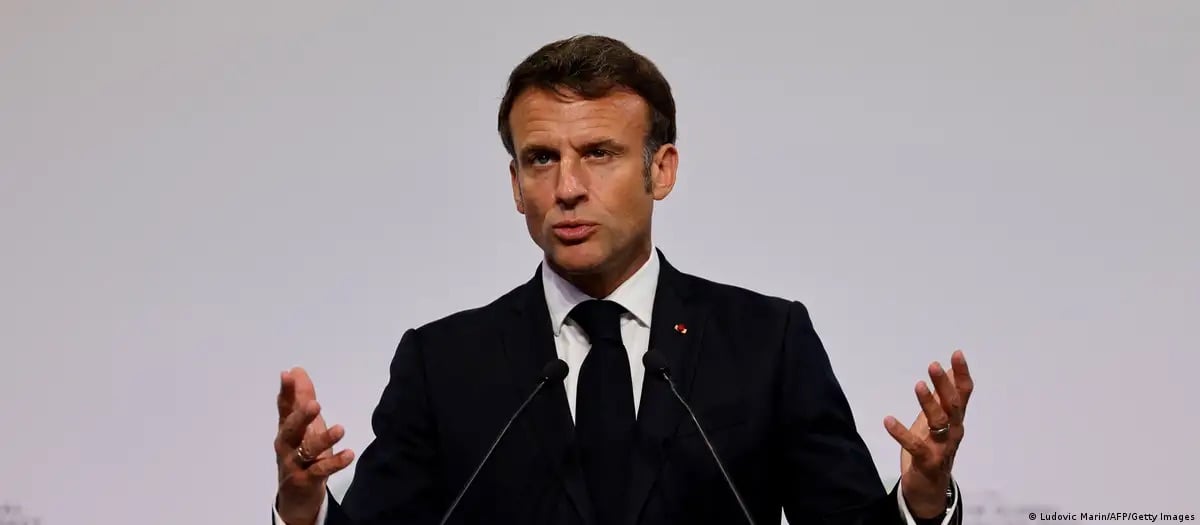
French President Macron. Photo: DW
"No country should have to choose between reducing poverty and protecting the planet," French President Emmanuel Macron said in his opening remarks.
The two-day global conference aims to reach consensus on how to tackle poverty and climate change by reshaping the global financial system.
President Macron called for a significant increase in public and private funding to tackle rising inequality, warning: “Without the private sector, we will not be able to solve much of this challenge.”
Taking the podium after Macron, Ugandan climate campaigner Vanessa Nakate criticised the fossil fuel industry, saying there were promises of development for poor communities but the energy went elsewhere and the profits "ended up in the pockets of the extremely wealthy".
UN Secretary-General Antonio Guterres has outlined some of the challenges facing developing countries and said more than 50 countries are now in or close to default.
Mr Guterres said the global financial system - created at the end of World War II - had failed to meet modern challenges and now "continues to perpetuate and even exacerbate inequality".
The UN chief has proposed a $500 billion annual stimulus package for investments in sustainable development and climate action.
“We need a strong and predictable financial safety net,” Ethiopian Prime Minister Abiy Ahmed said, calling for more fiscal support and subsidies.
A statement at the event said public debt across all countries “has reached levels not seen since the COVID-19 crisis”. One-third of developing countries and two-thirds of low-income countries are now facing “overwhelming debt”.
The meeting therefore aims to establish what it calls an “effective international financial architecture” that will provide more resources while shielding “the most vulnerable countries from shocks”.
The main goal is to help achieve sustainable development goals while financing the energy transition.
The world's richest nations have met their target of reallocating $100 billion in money from the International Monetary Fund (IMF) to tackle climate change and poverty in developing countries, IMF chief Georgieva said on Thursday.
Before the summit, the IMF needed an additional $40 billion to reach its target, and Georgieva said that target had been met.
“The current financial system needs more than just a band-aid, it needs deep surgical intervention,” said Harjeet Singh, head of global political strategy at Climate Action Network International.
Mai Anh (according to DW)
Source


![[Photo] Cutting hills to make way for people to travel on route 14E that suffered landslides](https://vphoto.vietnam.vn/thumb/1200x675/vietnam/resource/IMAGE/2025/11/08/1762599969318_ndo_br_thiet-ke-chua-co-ten-2025-11-08t154639923-png.webp)





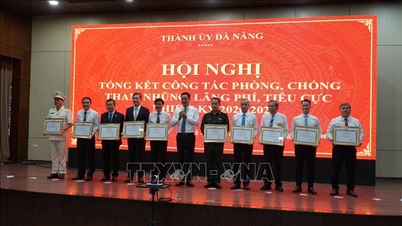





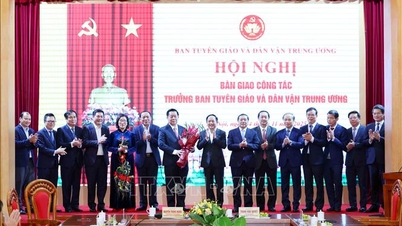
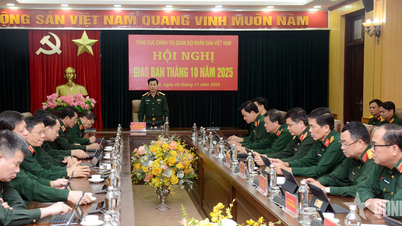

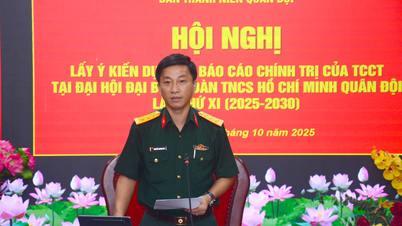














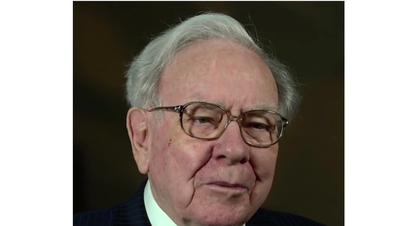

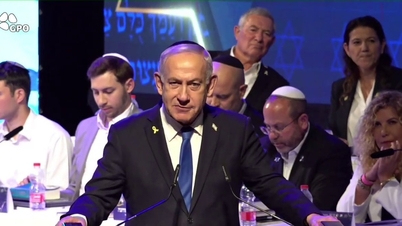

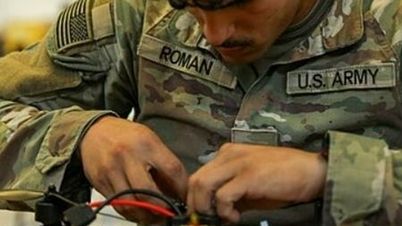
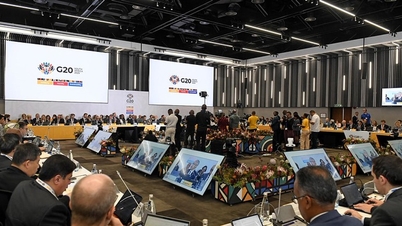
![[Photo] "Ship graveyard" on Xuan Dai Bay](https://vphoto.vietnam.vn/thumb/1200x675/vietnam/resource/IMAGE/2025/11/08/1762577162805_ndo_br_tb5-jpg.webp)





![[Video] Hue Monuments reopen to welcome visitors](https://vphoto.vietnam.vn/thumb/402x226/vietnam/resource/IMAGE/2025/11/05/1762301089171_dung01-05-43-09still013-jpg.webp)































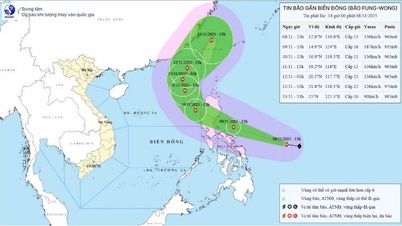


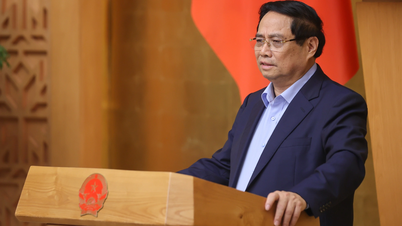








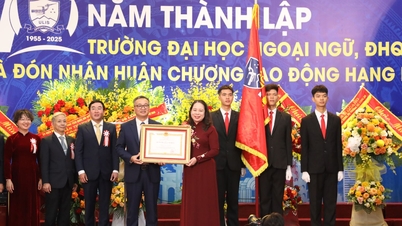



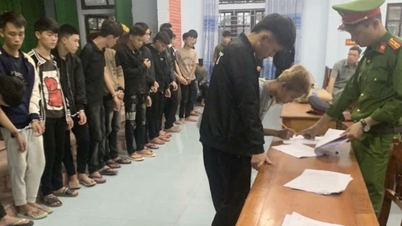

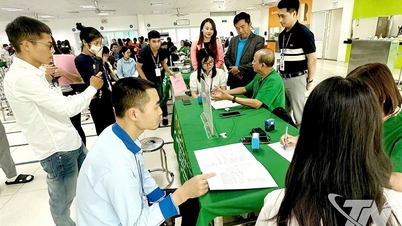

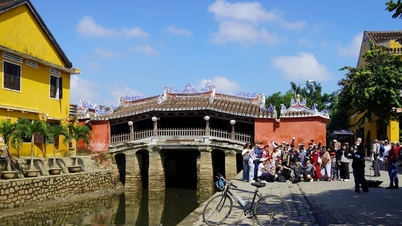

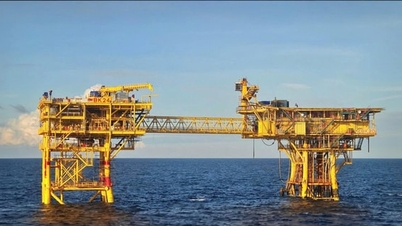
















Comment (0)